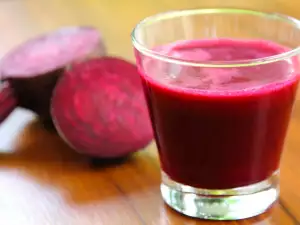Radishes are a natural remedy with many health benefits for the human body. Unlike other root vegetables, they have a much richer and more characteristic taste.
Besides delicious, radishes have a low content of fat. Nearly 90% of their composition is water. They contain vitamins and minerals important for human health. Additionally, radishes have antibacterial and antifungal properties.
They provide the human body with potassium, folic acid, fiber, vitamin C, manganese, copper, magnesium, calcium, vitamins B6, riboflavin and sodium.
3.5 oz (100 g) of radishes contain: 10 calories, 0.7 g proteins, 3.5 g carbohydrates, 0.1 g fats, 1.9 g sugar, 25 mg calcium, 0.3 g iron, 10 mg magnesium, 233 mg potassium, 14.8 mg vitamin C, 1.3 mcg vitamin K, 0.3 mg zinc, 31 mg omega-3 fatty acids, omega-6 fatty acids.
Not only does it provide substances needed by our body, the consumption of radishes helps and alleviates a wide array of diseases. In folk medicine, eating radishes has been long established in the battle against hemorrhoids.

They provide a beneficial effect against one of the main causes of this annoying problem - constipation. Radishes contain indigestible carbohydrates which can combat this problem. The tasty root vegetables also aid gastrointestinal tract function.
With spring, the human body has need of detoxification for getting rid of the harmful toxins that have accumulated during the winter. Radishes are a natural antioxidant product.
They also help produce urine, acting as a natural diuretic. They reduce the feeling of burning during urination.
One of the most important benefits of radishes is that they cleanse the kidneys. This way they protect against infections. Radishes are good against other problems affecting the urinary tract. Consuming this healthy vegetable is excellent against stress and inflammation.



















Comments